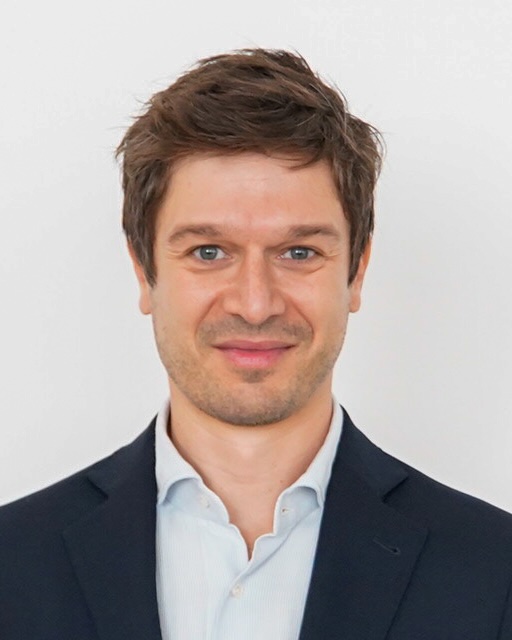TCBG Seminar
Tracking intrinsic dynamics in complex self-assembling systems from the atomic- to the macro-scale Tweet

Giovanni M. Pavan
1. Department of Applied Science and Technology, Politecnico di Torino, Corso Duca degli Abruzzi, Torino, Italy
2. Department of Innovative Technologies, University of Applied Sciences and Arts of Southern Switzerland, Polo
Monday, March 11, 2024
3:00 pm (CT)
Hybrid webinar recording
Abstract
Nature uses self-assembly for building complex (supra)molecular systems with fascinating properties. In these systems, the constitutive units self-organize via reversible interactions, generating higher scale assembled structures/entities that are in continuous dynamic communication with each other and with the external environment. Such innate dynamics imparts to these systems unique properties such as, e.g., the ability to dynamically adapt or reconfigure in response to specific stimuli, to convert energy into autonomous behaviors, or to control chemical reactivity within them. Learning the key principles to rationally design artificial molecular systems with similar programmable behaviors[1] would be a breakthrough in many fields. But the microscopic details of their dynamic behavior and the key factors controlling them remain often difficult to ascertain. Multiscale molecular models,[2] advanced computer simulations[3] and machine learning[4] may offer a fundamental support to reaching such an ambitious goal. In this presentation, I will show some examples of how the rich multilayered dynamics characterizing complex molecular systems may have a profound impact on the collective ensemble properties emerging within them.[5,6,7] I will discuss recent efforts of our group to unravel the intricate communication networks present within innately dynamic self-organizing molecular systems.[8] In particular, I will focus on new machine learning analysis approaches based on abstract data-driven descriptors which we recently developed. These allow detecting and tracking local fluctuations emerging in complex molecular systems that are key for their ensemble behavior, but that get also typically lost in conventional analyses.[9,10] The results that we are obtaining have general character and are challenging, in a broad sense, classical paradigms in chemistry and materials science.[11-13]
Politecnico di Torino, Corso Duca degli Abruzzi, Torino, Italy University of Applied Sciences and Arts of Southern Switzerland, Polo



